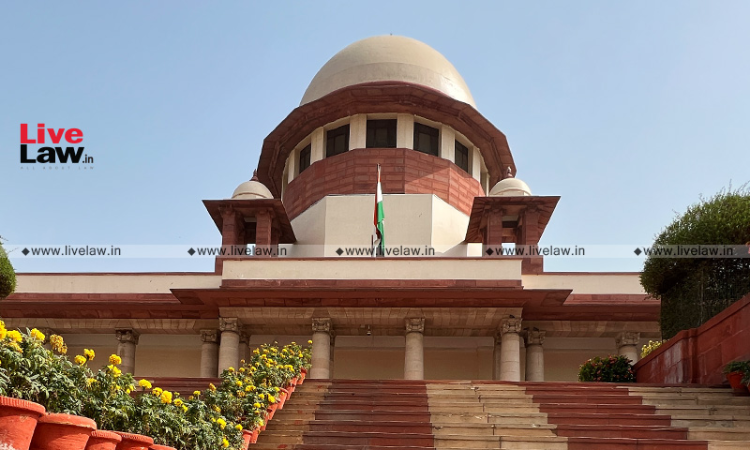Constitutional Validity Of GST On Lease/Rent Payments: SLP In Supreme Court To Be Heard After The Disposal Of The Matter Already Pending Before The Constitution Bench Of 9 Judges
Mariya Paliwala
19 April 2023 9:06 PM IST

Constitutional Validity GST Lease Rent Payments SLP Supreme Court Pending Constitution Bench 9 Judges
Next Story


